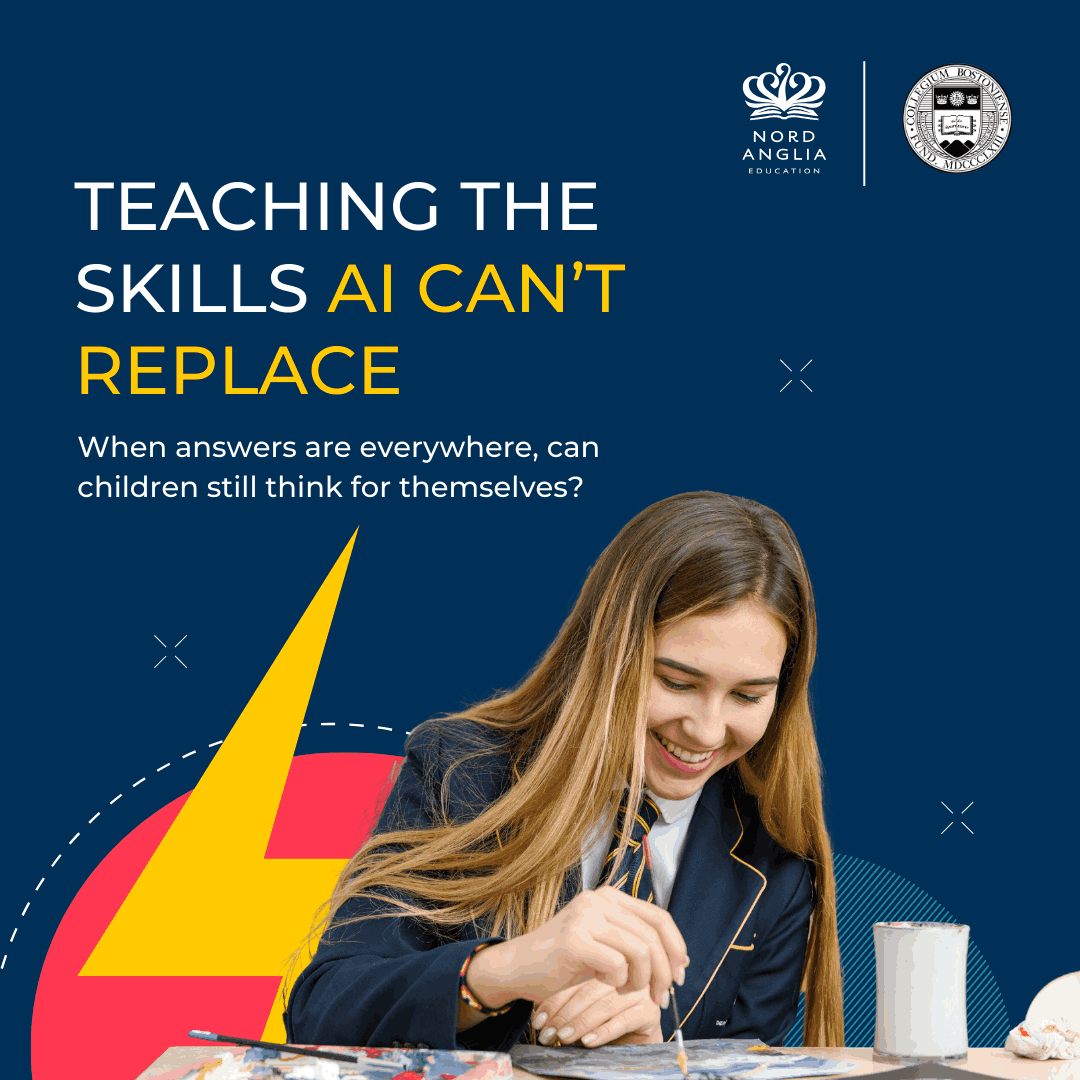Adults have recently been asking themselves how often they think about the Roman period of history. Find out why it is taught in primary as part of the English National Curriculum, and why the enduring legacy of Ancient Rome seems to stay with us.
Studying the Romans in primary school is a foundational aspect of history education that offers children a glimpse into a civilization that played a pivotal role in shaping the course of human history. From the rise of the Roman Republic to the zenith of the Roman Empire, the Romans' influence on governance, engineering, culture and law is profound. This educational journey begins in primary school for several compelling reasons.
Firstly, the Romans provide a tangible and relatable entry point into ancient history. Their story is one of grandeur, triumphs, and challenges, capturing the imagination of young minds. The tales of legendary figures such as Julius Caesar, Cleopatra, and Hannibal, coupled with narratives of epic battles and conquests, create a vivid tapestry that engages children and makes history come alive. The Romans' exploits provide an accessible narrative that helps children understand the concept of continuity and change, laying the groundwork for a more profound historical understanding as they progress through their education.
Moreover, the study of the Romans introduces young learners to fundamental concepts of governance and political structures. Exploring the evolution from the Roman Republic to the Roman Empire offers insights into different forms of government, the concept of citizenship, and the mechanisms that underpin societal organization. These lessons not only contribute to historical literacy but also foster critical thinking skills as children begin to draw connections between ancient governance structures and the systems that govern their own lives.
The Romans' technological innovations and engineering marvels offer a window into the past that captivates the curiosity of young minds. The construction of roads, aqueducts, and monumental structures showcases the Romans' ingenuity and determination. Learning about Roman engineering provides children with an early appreciation for the impact of technology on society, laying the groundwork for a broader understanding of technological advancements in their own time.
Culturally, the Romans left an indelible mark that transcends the boundaries of time. Exploring Roman myths, literature, art, and architecture exposes children to the richness and diversity of human expression. The enduring influence of Roman culture on Western civilization becomes apparent, fostering cultural literacy and an appreciation for the interconnectedness of human societies across the ages.

A Year 4 student creates a Roman soldier's helmet
As children transition into adulthood, the influence of Roman history persists, shaping perspectives and contributing to a deeper understanding of the contemporary world.
The Romans' impact on political thought endures into adulthood, as individuals draw parallels between ancient governance structures and contemporary political systems. Concepts such as citizenship, representation, and the balance of power, integral to Roman political philosophy, continue to be relevant in discussions about democracy and governance.
Roman law, with its emphasis on codification and the establishment of legal principles, forms the foundation of many modern legal systems. Adults reflecting on legal frameworks often find themselves contemplating the enduring impact of Roman jurisprudence, recognizing its contribution to the development of just and equitable societies.
Architectural and engineering marvels from ancient Rome continue to captivate adults, inspiring awe and admiration. The Colosseum, the Pantheon, and the aqueducts stand as tangible reminders of the Romans' ability to conceive and construct monumental structures. Adults often revisit these marvels, reflecting on the sophistication and enduring legacy of Roman engineering.
Culturally, the Romans remain a wellspring of inspiration for literature, art, and mythology. The works of Roman poets, philosophers, and playwrights continue to be studied and appreciated in academic and artistic circles. The enduring appeal of Roman myths and legends persists in popular culture, influencing literature, movies, and even modern-day storytelling.

Students learn to bake Roman bread
In essence, the study of the Romans in primary school provides a foundation for a lifelong engagement with history and contributes to the development of critical thinking skills, cultural awareness, and an appreciation for the foundations that have shaped the world. The enduring relevance of the Romans ensures that their impact is not confined to the classroom but resonates throughout adulthood, influencing how individuals perceive and interact with the world around them. The Romans, with their multifaceted contributions, continue to be a touchstone for understanding the complexities of human history and the enduring legacies that shape contemporary society.






